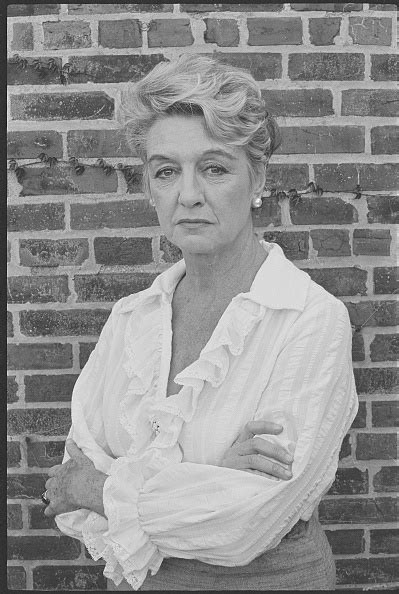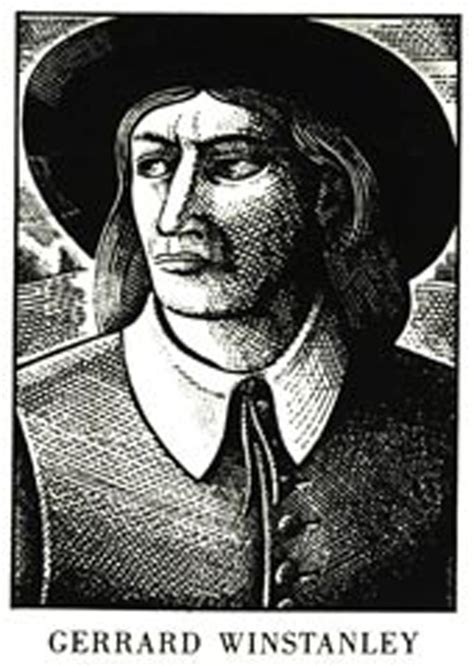A Quote by Thomas Hobbes
Subjects have no greater liberty in a popular than in a monarchial state. That which deceives them is the equal participation of command.
Related Quotes
The United States of America was originally an experiment. But it was an experiment in recognizing God-given individual liberty and creating a government in which we no one is deemed better than another. And in which all of us are equal. Not equal in abilities, but equal in intrinsic worth and value.
And what has come to prevail in democracies is the very reverse of beneficial, in those, that is, which are regarded as the most democratically run. The reason for this lies in the failure properly to define liberty. For there are two marks by which democracy is thought to be defined: "sovereignty of the majority" and "liberty." "Just" is equated with what is equal, and the decision of the majority as to what is equal is regarded as sovereign; and liberty is seen in terms of doing what one wants.
For Indigenous Australians, equal rights and citizenship have not always translated into full participation in Australian society. All Indigenous Australians have only been counted in the census since the 1967 Referendum. Even so, State protection and welfare laws continued to control the lives of Indigenous Australians and denied them equal rights, well into the 1970's.
[Persons] who are recognized as citizens in any one state of the Union [have] the right to enter every other state, whenever they pleased... full liberty of speech in public and in private upon all subjects upon which its own citizens might meet; to hold public meetings upon political affairs, and to keep and carry arms wherever they went.
The liberty I mean is social freedom. It is that state of things in which liberty is secured by the equality of restraint. A constitution of things in which the liberty of no one man, and no body of men, and no number of men, can find means to trespass on the liberty of any person, or any description of persons, in the society. This kind of liberty is, indeed, but another name for justice.
As long as I can remember I feel I have had this great creative and spiritual force within me that is greater than faith, greater than ambition, greater than confidence, greater than determination, greater than vision. It is all these combined. My brain becomes magnetized with this dominating force which I hold in my hand.
And may I not be allowed to ... read in the character of the American people, in their devotion to true liberty and to the Constitution which is its palladium [protection], ... a Government which watches over ... the equal interdict [prohibition] against encroachments and compacts between religion and the state.
Everyone that gets an authority into his hands tyrannizes over others; as many husbands, parents, masters, magistrates, that live after the flesh do carry themselves like oppressing lords over such as are under them, not knowing that their wives, children, servants, subjects are their fellow creatures, and hath an equal privilege to share them in the blessing of liberty.
The members of a body-politic call it "the state" when it is passive, "the sovereign" when it is active, and a "power" when they compare it with others of its kind. Collectively they use the title "people," and they refer to one another individually as "citizens" when speaking of their participation in the authority of the sovereign, and as "subjects" when speaking of their subordination to the laws of the state.
Is it just or reasonable, that most voices against the main end of government should enslave the less number that would be free? more just it is, doubtless, if it come to force, that a less number compel a greater to retain, which can be no wrong to them, their liberty, than that a greater number, for the pleasure of their baseness, compel a less most injuriously to be their fellow-slaves. They who seek nothing but their own just liberty, have always right to win it and to keep it, whenever they have power, be the voices never so numerous that oppose it.
Let us not be unmindful that liberty is power, that the nation blessed with the largest portion of liberty must in proportion to its numbers be the most powerful nation upon earth. Our Constitution professedly rests upon the good sense and attachment of the people. This basis, weak as it may appear, has not yet been found to fail. Always vote for a principle, though you vote alone, and you may cherish the sweet reflection that your vote is never lost. America, in the assembly of nations, has uniformly spoken among them the language of equal liberty, equal justice, and equal rights.








































